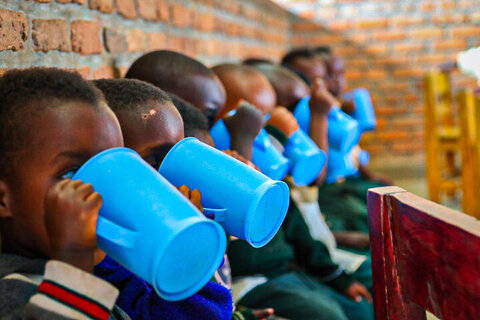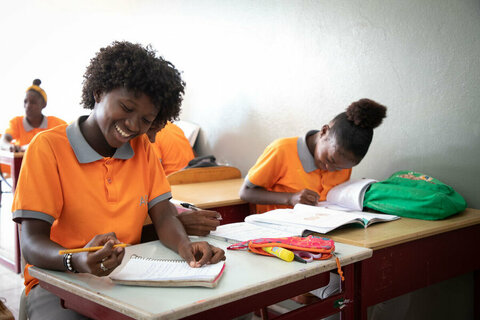‘Being able to breastfeed my daughter is the best gift that I can give her’

Flora García is in something of a hurry when she arrives at a bank in the town of Yamaranguila, in La Paz province, Honduras, with her baby daughter, to withdraw her cash transfer. They join a long line of people. To make the most of the wait, Flora pulls up a chair and decides to breastfeed in a designated area, assured that she will not lose their place.
Other mothers are there, too, including Luz Corea, who is breastfeeding her three-month-old daughter — all while they all wait their turn to withdraw money.
Dry extremes
Honduras is part of the "Dry Corridor" of Central America, a group of countries susceptible to recurring droughts because of the climate phenomenon El Niño.
Drought has destroyed crops and wrecked harvests in the country — as food supplies go down, people lose their jobs in communities that rely on agriculture for their livelihoods. In fact, 72 percent of families depend on agriculture either as owners of a plot of land or as agricultural day labourers.
Flora, Luz and their babies are among more than 16,000 families affected by the droughts who receive cash to buy food in order to ensure their food security. The beneficiaries of these cash transfers consist of the most vulnerable groups in the communities: elderly and disabled people and pregnant and nursing women.

In addition to the benefits of money transfers, Flora and Luz are part of a group for pregnant and nursing mothers who receive talks about nutrition at the health centre on the importance of breastfeeding.
Nutrition during the first 1,000 days of a child's life — measured from conception until the age of two — is fundamental for their physical and mental development. Good nutrition helps with the development of the brain and body, allowing people to reach their full potential as adults.
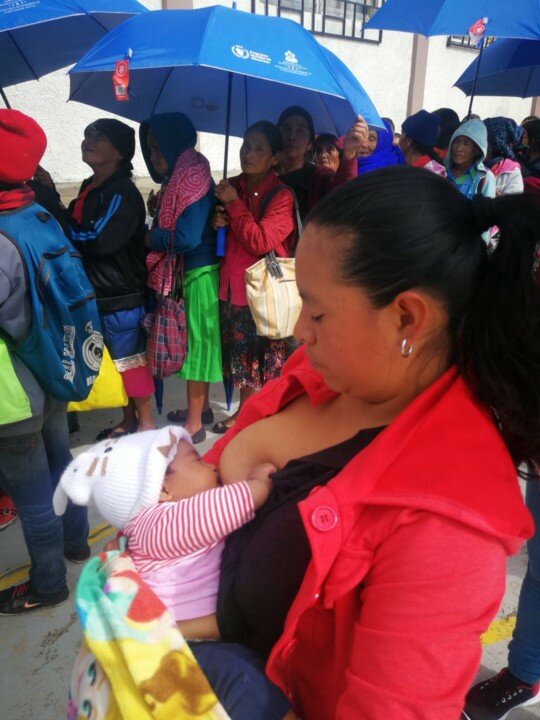
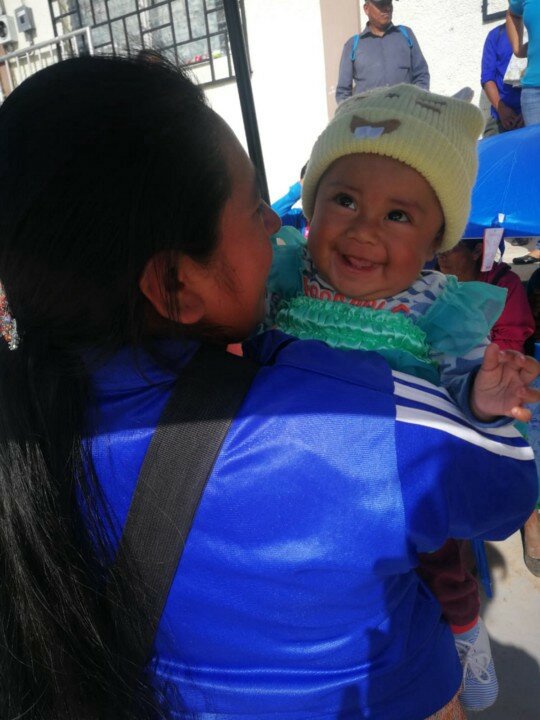
In Honduras, nutrition education eludes the poorest who are prone to unhealthy diets. This results in nutritional problems, such as stunted growth (when the child appears much younger, has a short stature and low cognitive development), vitamin and mineral deficiencies or "hidden hunger" (making them susceptible to developing diabetes and cardiovascular diseases) and overweight and obesity.
"Thanks to these funds that have been given to us, I can now eat better to produce milk for my baby," says Flora.
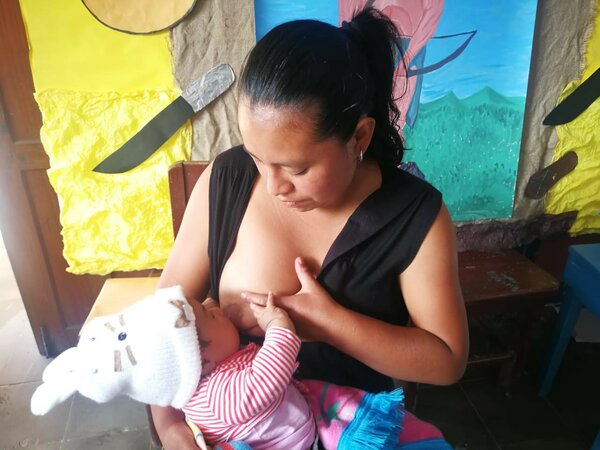
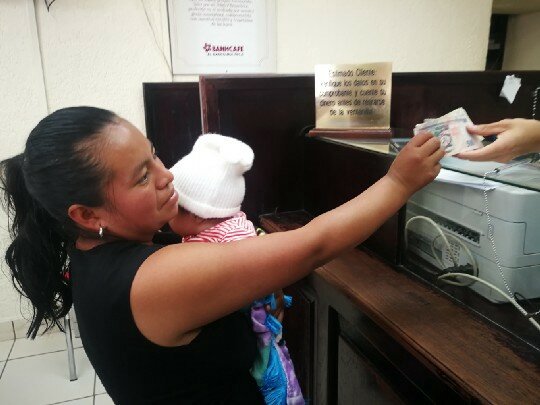
She adds: "To be able to feed my daughter with my breastmilk is the best gift that I can give her. Angélica has never gotten sick, and at the health centre, the nurse congratulates me because she has the proper weight and size for her age".
No money for milk
Luz Corea is a young mother from the nearby village of El Pinal. She only feeds her daughter breast milk.
"I feel very happy to be able to nurse my daughter," she says. "I don't have to spend money buying milk and they have also taught us that breast milk is the best food," says Luz.

Thanks to the information about nutrition, these two young mothers know that by feeding themselves well during pregnancy and breastfeeding, they are able to give their daughters the chance to develop to their full potential and break the cycle of poverty that keeps hitting the communities in the Dry Corridor.
Celebrate World Breastfeeding Week (WBW) from the 1-7 August.
Read more about WFP's work in Honduras
Story by Hetze Tosta (translated into English by Arielle Rosenthal)

